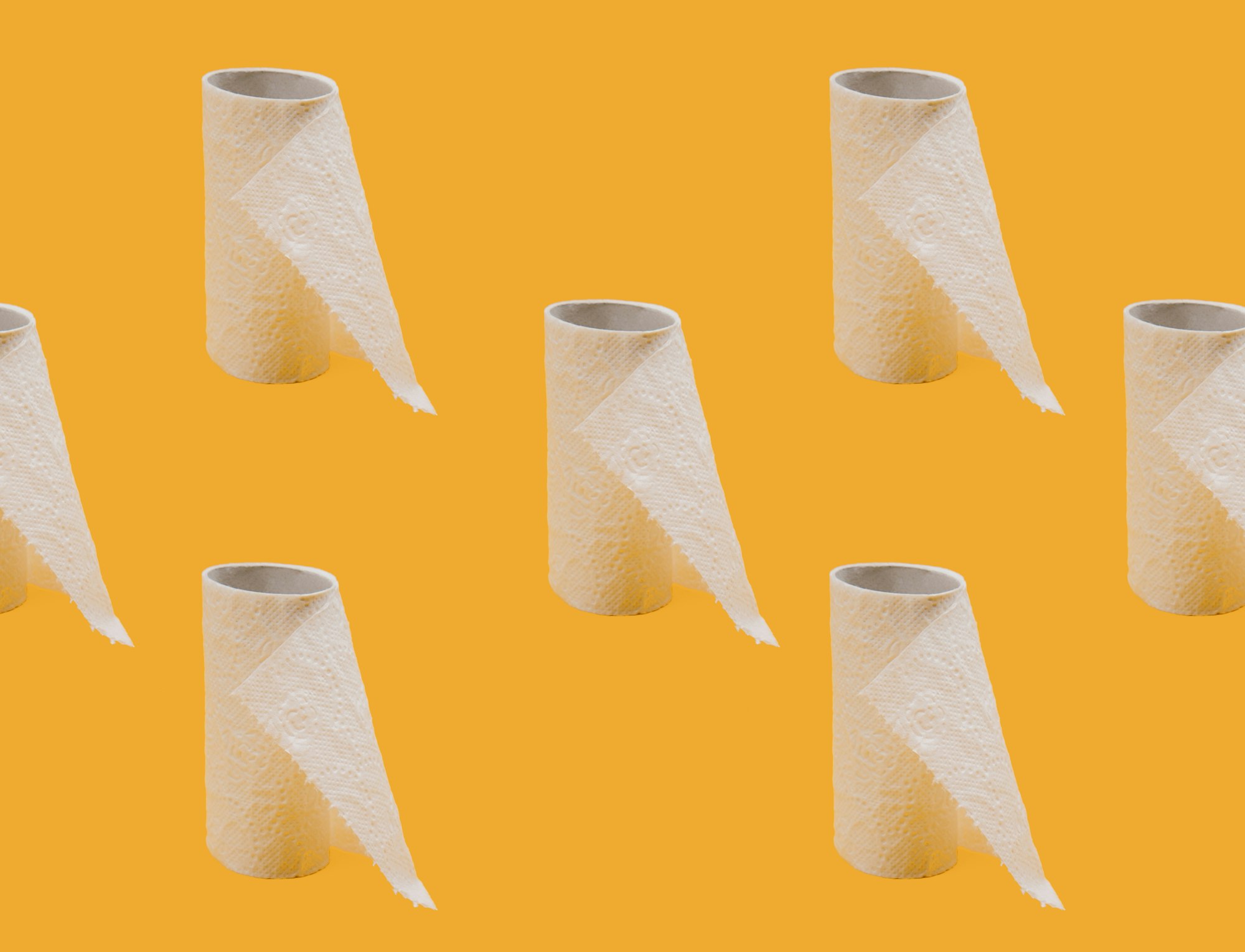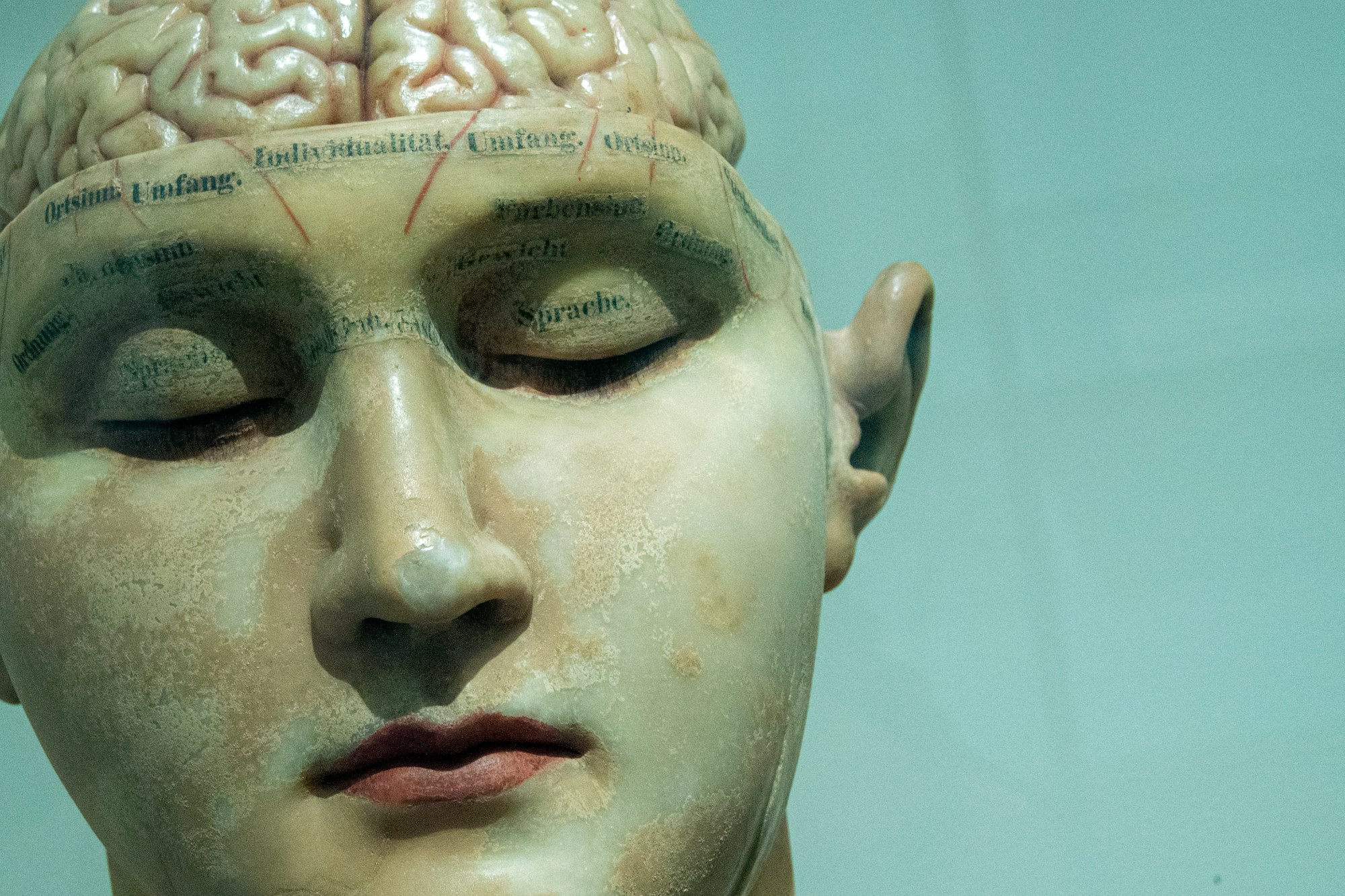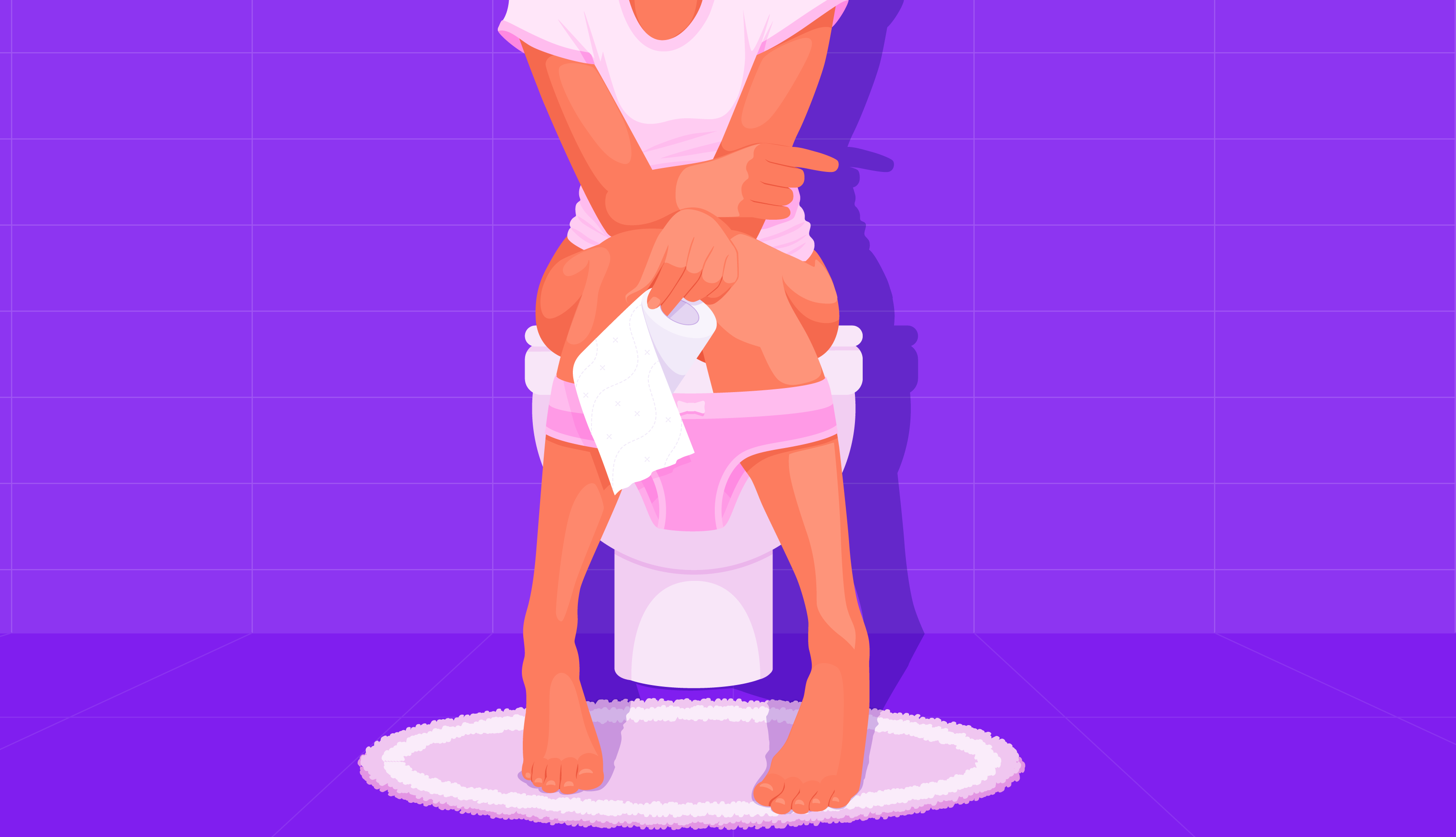Noticed that you poop more during your period? Find out how hormones can trigger diarrhoea, why period poops can hurt and what you can do to manage your symptoms.
If you experience bloating, cramps or diarrhoea during your period, rest assured that you are not alone. In one study, as many as 73% of women reported at least one digestive issues before or during their period.
The most common symptoms include abdominal pain and you guessed it… diarrhoea. AKA, period poops. In this article, we will explore why you poop more on your period and what you can do to ease digestive upset.
Table of contents:
- Why do I poop more on my period?
- The gut-brain axis
- Constipation before period
- Why does my poop smell so much?
- Why does it hurt to poop on my period?
- Tips to manage period poops
- When to seek medical help
Why do I poop more on my period?

If you find yourself hunched over the toilet during your period, you can blame hormones, most notably prostaglandins. Before your period, the body produces high progesterone levels in preparation for a possible pregnancy.
During menstruation, progesterone levels drop, and the uterus lining produces prostaglandins. These fatty acids stimulate the smooth muscles in the womb and help break down the uterus lining.
If your body produces excess prostaglandins, these can enter the bloodstream and cause the smooth muscles of the intestines to contract as well, promoting excessive pooping and diarrhoea.
Period-related hormones can also influence your body's ability to absorb water, resulting in loose stools as less fluid is drawn through the colon.
Moreover, research suggests that those with gastrointestinal issues such as Crohn's or IBS suffer more severe period poops and other PMS-related (premenstrual syndrome) symptoms.
Menstruation can also worsen symptoms in those with ovarian cysts and endometriosis, a condition where tissue similar to the lining of the womb starts to grow in places such as the ovaries and fallopian tubes.
☝DID YOU KNOW☝ Manufactured types of prostaglandins - most commonly prostaglandin E2 - can be used to kick-start labour in women.
The gut-brain axis

The gut and the brain are intimately linked, something our language reflects: we have a “gut-wrenching” experience, “butterflies in the stomach” or a "gut feeling".
In recent years, researchers have uncovered that the gut and the brain communicate bi-directionally, something known as the gut-brain axis. Because of this, researchers call our gut the second brain.
The enteric nervous system, which controls the gut, communicates via our vagus nerve with the central nervous system. Stress and anxiety can trigger gastrointestinal symptoms through this system, and perhaps more surprisingly, vice versa. Yep, you heard that right; a troubled gut can send signals to the brain!
During the menstrual period, hormonal fluctuations can trigger anxiety and stress, increasing gut motility and the secretion of fluid. In turn, this can lead to diarrhoea.
Interestingly, one study found that those experiencing depression or anxiety before or during their period, compared to those without psychological distress, were more likely to report multiple gastrointestinal problems.
Stress is also associated with disruptions in your gut bacteria, which might suggest another cause of period-related gut troubles.
☝DID YOU KNOW? ☝ Experiments have demonstrated that the gut microbiota can physiologically induce depression-like behavior in mice.
Constipation before period
Whilst some experience increased bowel movements before and during their period; others might find things moving a bit slower. Once again, period-related hormones are to blame, namely progesterone.
Responsible for the thickening of the uterus wall, progesterone peaks before ovulation and can slow the digestive process if present in high levels; the longer food spends in your colon, the more moisture that is drawn out through the intestinal wall.
The end result can be hard stools that are difficult to pass. Constipation is more likely in the lead up to your period, as this is when progesterone levels are highest.
☝DID YOU KNOW? ☝ Progesterone, either alone or in combination with oestrogen, is taken by women as an oral contraceptive.
Why does my poop smell so much?
Changes in your eating habits during ovulation may be responsible for particularly smelly stools or changes in the frequency and consistency of your bowel movements.
If you find yourself curled under a blanket with a tub of ice cream, chocolate or a salty snack around that time of the month, it's likely because your hormones are out of whack.
It is also common to want comfort food if you are experiencing period-related mood changes. In other words, to want a Ben and Jerry’s when you feel rubbish!
Once again, hormonal fluctuations are the root cause of these dietary changes. In particular, increased oestrogen levels are associated with cravings for carbohydrate-rich foods, whilst progesterone may be associated with cravings for sweet-beverages.
In another study looking at the eating habits of 42 ovulating women, participants ate on average 250 more calories a day compared to usual, with others eating up to 500 extra calories.
Why does it hurt to poop on my period?

There are a few reasons you might experience pain during bowel movements whilst on your period. Firstly, constipation results in hard stools that can be painful to pass. What’s more, excessive straining and diarrhoea can lead to haemorrhoids forming. It goes without saying that these can make it unpleasant to poop.
Secondly, abdominal cramps are extremely common during a woman's period and can be more intense when you're straining to poop. Likewise, abdominal cramps commonly accompany diarrhoea, triggered by period-related hormones such as prostaglandins.
Lastly, evidence suggests that women with IBS experience increased sensitivity during their period. Even beyond menstrual pains, one of the hallmarks of IBS is what researchers call an increased visceral pain sensitivity.
In particular, one study found that women with IBS experience increased rectal sensitivity during the menstrual cycle. Combined with constipation or loose stools, this could explain why you are experiencing discomfort and pain when pooping.
Tips to manage period poops
Hormonal fluctuations are an inevitable part of the menstrual cycle, and whatever you do, you will likely experience at least some digestive symptoms related to your period. With that said, there are steps you can take to minimise period poops and counteract any side effects:
Stay hydrated
Diarrhoea can cause dehydration, depleting your body of electrolytes and essential salts. If you find that you suffer from diarrhoea when it comes to that time of the month, then make sure you drink plenty of fluids.
It is also a good idea to avoid or limit ingredients with a laxative effect during this time, including caffeine and artificial sweeteners.
Take ibuprofen
If you are experiencing pain or cramping, OTC medication such as ibuprofen might be able to alleviate symptoms. Additionally, Ibuprofen is a prostaglandin inhibitor that can help stabilise your hormones.
When taken just before your period, it might ease the severity of period-poops. With that said, ibuprofen is a short-term, first-line treatment and, when used long-term in high doses, can lead to issues. Make sure to carefully follow the dosage instructions and consult your GP if symptoms persist.
Consider oral contraceptives
If period-related gut issues are debilitating and affect your quality of life, talk to your GP about treatment options. Oral contraceptives can help regulate your hormone levels and reduce PMS symptoms, including constipation and diarrhea.
Because of this, some choose to take the pill continuously to avoid having periods at all. Others prefer to manage symptoms with dietary and lifestyle changes instead. Both of these options can be effective, but speak to your doctor to decide which treatment is best for you.
When to seek medical help
Diarrhoea and stomach cramps during your period are often nothing to worry about; with that said, consult your GP If your symptoms persist or get worse. Likewise, if you experience any of the following symptoms, contact your healthcare provider:
- severe cramps or stomach pain
- heavy periods
- mucus in your stool
If you notice blood in your stool or rectal bleeding, contact your GP immediately as this could signal a more severe condition.
. ☝️DISCLAIMER☝This article is for informational purposes only. It is not intended to constitute or be a substitute for professional medical advice, diagnosis, or treatment.
















